ALS

‘Self-eating’ mitochondria may make the brain vulnerable to Lou Gehrig’s disease
A newly discovered type of mitochondrial self-destruction may make some brain cells vulnerable to ALS, also known as Lou Gehrig’s ...

Ethical ‘quagmire’: How one ALS patient got in line for a therapy never tested in humans
The FDA gave Jaci Hermstad, a 25-year old Iowan who is dying from a rare form of ALS, an early ...
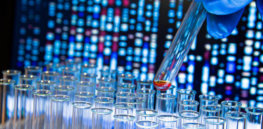
If a gene test could reveal a high risk of dying, would you want to know?
If a fortune teller had “read” my future two years ago, I would have learned that I was at high ...

Whispering down the ‘fake news’ lane targeting conventional farming: No, Lou Gehrig’s Disease not caused by pesticides spread by chemical-spraying airplanes
Is it sensationalism to get traffic, lazy reporting -- or intentional misrepresentation of facts? ...
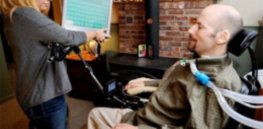
3 reasons ALS research struggles to find treatment answers
[T]he desire to give [ALS] patients hope has often outstripped good scientific sense. “Many drugs that have gone into ALS ...
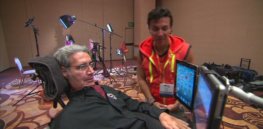
ALS patients more likely to have other mental, behavioral problems
Because ALS primarily affects a person’s motor neurons, it has been assumed that the disease spares a person’s mental faculties ...
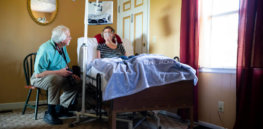
Searching for ALS genes in Appalachian Mountain family trees
With patient visits along the way, [Dr. Edward Kasarskis and Debby Taylor would] be tracing, in reverse, the path of ...
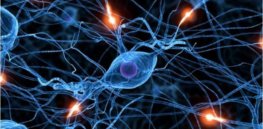
Genes illuminate how the brain ‘thinks’
Monitoring brain functions can tell us a lot about neurobiological structures and what's going on. But now we have the ...

Is there a genetic switch that causes ALS (Lou Gehrig’s disease)?
We don't know the causes of ALS in most patients, but about 10 percent of cases are thought to be ...

